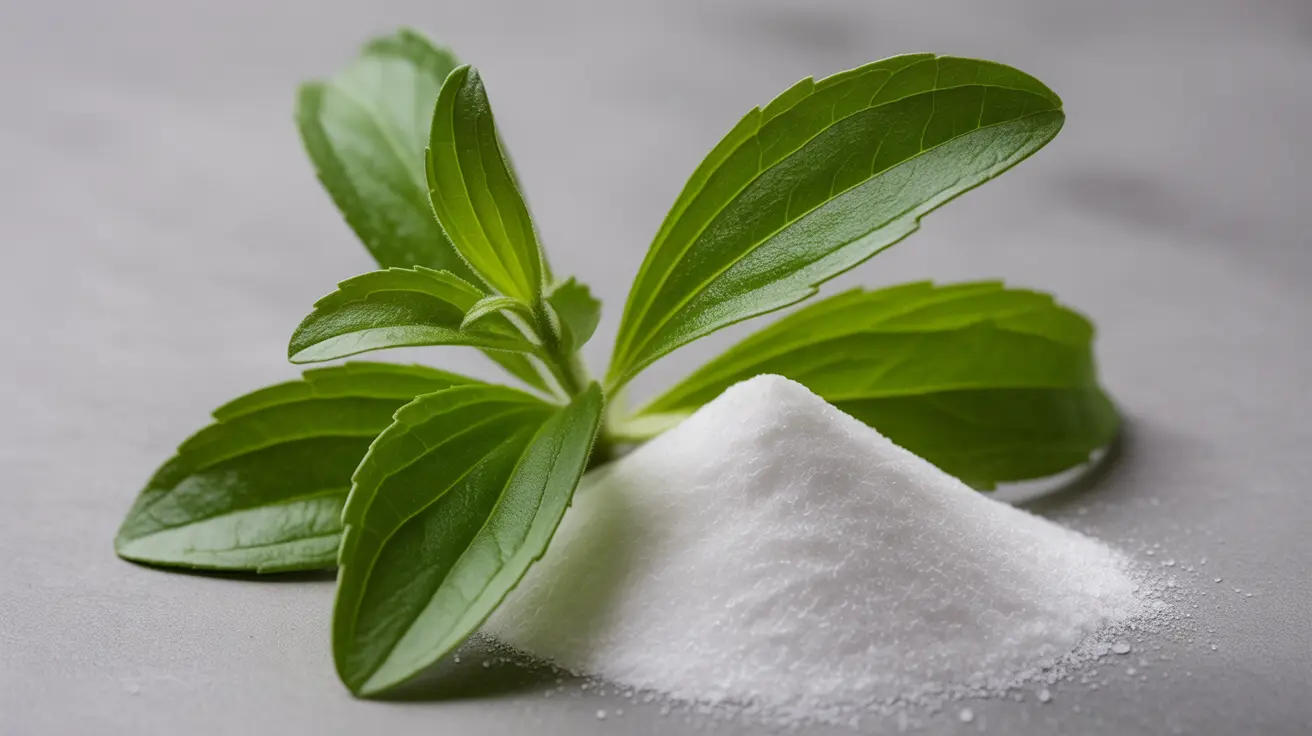As more people seek alternatives to traditional sugar, understanding the differences between popular natural sweeteners becomes crucial. A common question that arises is whether stevia contains xylitol. Let's explore these two distinct sweetener options and clarify their unique characteristics and uses.
Understanding Stevia and Xylitol: Different Natural Origins
Stevia and xylitol are completely separate natural sweeteners with distinct sources and chemical compositions. Stevia is derived from the leaves of the Stevia rebaudiana plant, while xylitol is a sugar alcohol typically extracted from birch trees or corn fiber. These fundamental differences affect how they taste, their uses, and their effects on the body.
Key Characteristics of Stevia
Stevia is an intensely sweet compound derived from plant leaves. It contains zero calories and is significantly sweeter than regular sugar - up to 350 times sweeter, depending on the specific compounds used. The main sweet components in stevia are steviol glycosides, which give it its characteristic taste profile.
Health Benefits of Stevia
- Zero-calorie natural sweetener
- Does not impact blood sugar levels
- May help reduce blood pressure
- Contains antioxidant compounds
- Suitable for diabetic diets
Understanding Xylitol Properties
Xylitol is a sugar alcohol that provides about 40% fewer calories than regular sugar. It has a sweetness level similar to table sugar but with some distinct properties that set it apart.
Benefits and Uses of Xylitol
- Helps prevent tooth decay
- Has minimal impact on blood sugar
- Provides fewer calories than sugar
- Tastes very similar to regular sugar
- Beneficial for oral health
Using These Sweeteners in Daily Life
Both sweeteners can be used in cooking and baking, though they behave differently. Stevia requires very small amounts due to its intense sweetness, while xylitol can often be substituted one-to-one for sugar. Understanding these differences is key to successful usage in recipes.
Safety Considerations and Side Effects
While both sweeteners are generally recognized as safe, there are important considerations. Xylitol can cause digestive issues if consumed in large amounts and is toxic to dogs. Stevia, while safe for most people, may have a bitter aftertaste that some find unpleasant.
Frequently Asked Questions
Does stevia naturally contain xylitol, or are they completely different sweeteners? No, stevia does not naturally contain xylitol. They are entirely different sweeteners from different sources - stevia comes from the stevia plant leaves, while xylitol is a sugar alcohol derived from birch trees or corn fiber.
What are the main health benefits and possible side effects of using stevia versus xylitol instead of sugar? Both offer benefits as sugar alternatives. Stevia has zero calories and doesn't affect blood sugar, while xylitol has fewer calories than sugar and promotes dental health. Side effects for xylitol can include digestive issues, while stevia may have a bitter aftertaste for some people.
How can I tell if a stevia product I buy has added xylitol or other sugar alcohols? Check the ingredient list carefully. Pure stevia products should only list stevia extract or steviol glycosides. Any added sugar alcohols, including xylitol, must be listed separately on the ingredients label.
Are stevia and xylitol safe for people with diabetes or those trying to lose weight? Yes, both sweeteners are generally safe for diabetics and those watching their weight. They have minimal to no impact on blood sugar levels and contain fewer calories than sugar. However, individual tolerance may vary.
What is the best way to use stevia and xylitol in cooking and baking, and do they taste different from sugar? Xylitol can often be substituted one-to-one for sugar in recipes, while stevia requires much smaller amounts due to its intense sweetness. Xylitol tastes very similar to sugar, while stevia may have a distinct taste that some people need to adjust to. Both may require recipe modifications for best results.




